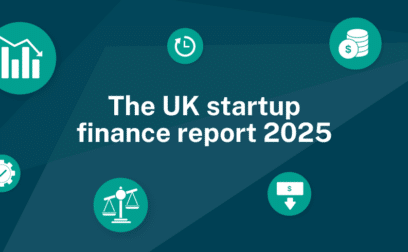Definition
Compound interest is a concept in finance that refers to the interest earned or charged on both the initial principal amount and the accumulated interest from previous periods.
What is compound interest?
It is interest calculated on the initial amount of money invested or borrowed, as well as on the interest accumulated over time. This compounding effect can significantly boost savings or debt obligations over time.
Compound interest has a snowball effect, where the interest earned or charged in each period is added to the principal, resulting in a larger base for calculating future interest. Over time, this compounding effect accelerates the growth of investments or debts.
Compound interest is a powerful tool for wealth accumulation over the long term. By reinvesting earnings and allowing them to compound over time, investors can achieve significant growth in their investment portfolios. On the other side, compound interest can work against borrowers, causing debts to grow rapidly if left unpaid. Credit cards, mortgages, and other loans with compound interest accrue interest on the outstanding balance, including both the principal and any accrued interest. Failure to make timely payments can lead to a cycle of increasing debt due to the compounding effect.
Try our handy calculator today, and calculate the compound interest for you.
Example of compound interest
Let’s say a company invests £50,000 in a high-yield bond with an annual interest rate of 6%, compounded annually, to finance a new project.
In the first year, the company earns 6% interest on its initial investment of £50,000, amounting to £3,000. So, at the end of the first year, the value of the investment grows to £50,000 + £3,000 = £53,000.
In the second year, the company earns 6% interest on the new balance of £53,000, which amounts to £3,180. So, at the end of the second year, the investment grows to £53,000 + £3,180 = £56,180.
This process continues, with the interest being compounded annually on the new balance. Over time, the investment grows exponentially, allowing the company to accumulate wealth and potentially fund future projects or expansions.


































 yet? Register here!
yet? Register here!